Start Your IT Filing for Assessment Year 2024-2025
Online Income Tax Filing
Customer Reviews
The ITR-1 Sahaj Form, as its name implies, serves as a simplified means for individual taxpayers to file their income tax returns. This form is specifically tailored for resident individuals in India whose total income falls below the Rs. 50 Lakhs threshold and originates from the following sources:
-
 Basic Rs 750
Basic Rs 750All Inclusive
Understand the Flow
How at Virtualtax your request is Processed.
Fill the form
The first step is to fill our requestion form for the services required.
Payment
Payout using our secured gateway
Review
Our Tax Expert will review your documents and call within 24hrs you regarding the documenation
Approve
Our tax expert will discuss you with the approval of of E return.
ITR 1 (Sahaj)
Who Can Use ITR 1?
ITR 1, also known as Sahaj, is designed for resident individuals with straightforward income sources.
The following individuals are eligible to file ITR 1:
Income from Salary or Pension:
Individuals who earn income from salary or pension can use ITR 1. This includes employees of government, private sectors, and pensioners receiving regular pension payments.
Income from One House Property:
Those who have income from a single house property can file using ITR 1. This is applicable even if the property is rented out, as long as the individual has no more than one house property.
Income from Other Sources:
This includes income such as interest from savings accounts, fixed deposits, recurring deposits, family pensions, etc. However, this does not include income from winnings from lotteries or horse races.
Agricultural Income:
Individuals with agricultural income up to ₹5,000 can also file using ITR 1. It is suitable for those who have minimal agricultural income that doesn’t significantly contribute to their overall income.
Eligibility Summary:
– Salaried individuals and pensioners.
– Income from one house property.
– Income from other sources (excluding winnings from lottery and horse races).
– Agricultural income up to ₹5,000.
Who Cannot Use ITR 1?
While ITR 1 is suitable for many, there are specific exclusions. The following individuals are not eligible to file ITR 1:
Income Exceeding ₹50 Lakh:
Individuals whose total income exceeds ₹50 lakh are not eligible to use ITR 1. They need to use other ITR forms appropriate for higher income brackets.
Multiple House Properties:
If an individual has income from more than one house property, they cannot file ITR 1. They must use ITR 2 or other applicable forms.
Capital Gains:
Individuals with income from capital gains, such as sale of property, stocks, mutual funds, etc., are not eligible to use ITR 1.
Business or Profession Income:
Those who have income from business or profession must use ITR 3, 4, or other appropriate forms, as ITR 1 is not designed for such income types.
Foreign Assets and Income:
Individuals who possess foreign assets, have financial interest in any entity outside India, or have income from any source outside India cannot use ITR 1.
Directorship in a Company:
If an individual is a director in any company, they are not eligible to use ITR 1. They need to file ITR 2 or other applicable forms.
Investment in Unlisted Equity Shares:
Those who have invested in unlisted equity shares at any time during the financial year cannot file ITR 1.
Claiming Relief under Sections 90, 90A, or 91:
Individuals claiming tax relief under sections 90, 90A, or 91 of the Income Tax Act are not eligible to use ITR 1.
Losses Under Income from Other Sources:
If an individual has any losses under the head “Income from Other Sources,” they must use other forms like ITR 2 or ITR 3.
Not Eligibility Summary:
– Total income exceeding ₹50 lakh.
– Income from more than one house property.
– Capital gains income.
– Income from business or profession.
– Foreign assets, income, or financial interest outside India.
– Directorship in a company.
– Investment in unlisted equity shares.
– Claiming tax relief under sections 90, 90A, or 91.
– Losses under “Income from Other Sources.”
Documents Required for Filing ITR 1
To ensure a smooth and accurate filing process, it is important to have all necessary documents ready. Here’s a list of the essential documents required to file ITR 1:
Form 16:
Issued by your employer, Form 16 is a crucial document that details your salary paid and the tax deducted at source (TDS) by your employer. It serves as proof of income earned and taxes paid.
Bank Statements:
To verify income from interest, you need your bank statements. This includes interest earned on savings accounts, fixed deposits, recurring deposits, and any other interest-bearing accounts.
TDS Certificates:
These certificates detail the tax deducted at source on your behalf from other sources of income such as interest from fixed deposits. Ensure you have TDS certificates from all deductors.
Proof of Investments:
If you are claiming deductions under various sections of the Income Tax Act (such as Section 80C, 80D, etc.), keep proof of these investments. This includes receipts, certificates, and other relevant documents for investments in PPF, NSC, life insurance premiums, health insurance premiums, etc.
Aadhaar Card:
The Aadhaar card is mandatory for e-filing your income tax return. Make sure your Aadhaar number is linked with your PAN card to avoid any issues during the filing process.
Interest Income Certificates:
If you have earned interest from savings accounts, fixed deposits, or any other sources, obtain certificates from the relevant banks or financial institutions.
House Property Details:
If you have income from house property, keep details of the property, such as the annual value, municipal taxes paid, and interest on housing loan, if applicable.
Other Income Proofs:
Any other income you have earned during the financial year needs to be documented. This includes income from family pension, annuities, etc.
Rent Receipts:
If you are claiming House Rent Allowance (HRA) exemption, keep rent receipts and the rental agreement as proof.
By having these documents ready, you can ensure that your ITR 1 filing process is smooth and accurate, helping you avoid any discrepancies and ensuring timely submission.
Summary:
– Form 16 from your employer.
– Bank statements for interest income.
– TDS certificates for tax deducted from other sources.
– Proof of investments for claiming deductions.
– Aadhaar card.
– Interest income certificates.
– House property details, if applicable.
– Proof of any other income.
– Rent receipts for HRA exemption.
Filing ITR 1 (Sahaj) is suitable for resident individuals with straightforward income sources such as salary, pension, one-house property, and certain other sources. Ensuring eligibility and having the necessary documents ready are crucial steps in the filing process. By following the guidelines provided, you can file your ITR 1 accurately and on time, complying with tax regulations and avoiding potential penalties.
Penalty for late ITR 1 Filing
Late filing of income tax returns can result in various penalties, depending on your total income.
Individuals with a total income exceeding Rs 5 lakh may face a penalty of Rs 5,000, while those with income below this threshold may incur a reduced penalty of Rs 1,000.
Additionally, if you owe taxes and fail to file the return by the due date, you will be liable for additional interest at a rate of 1% per month until you submit the return.
In more severe cases, penalties can be imposed for underreporting or misreporting of income. Underreporting may lead to penalties of up to 50% of the tax underreported, while misreporting can result in penalties of up to 200% of the misreported tax amount.
Furthermore, repeated failure to file tax returns despite reminders from tax authorities may lead to prosecution procedures. This could result in imprisonment ranging from three months to seven years, depending on the outstanding tax liabilities.
It is crucial to file your ITR1 promptly and accurately to avoid these legal and financial consequences.
How can Virtual Tax Assist in ITR-1 (Sahaj)?
Virtual Tax offers valuable assistance in filing your ITR-1 (Sahaj) income tax return. We begin by aiding you in selecting the appropriate form based on your income sources, ensuring precision in filing.
We meticulously calculate your tax liability, conduct error checks, and prioritize timely filing to minimize the risk of penalties or tax notices. If eligible, we aid in processing your income tax refund efficiently.
Our team of tax experts is readily available to address your queries and provide guidance throughout the process. Virtual Tax also keeps you updated on tax law changes and deadlines, ensuring your compliance with the latest regulations. With our secure platform, you can trust us to safeguard your financial data while simplifying your ITR-1 filing experience .
Frequently asked questions?
Please write to us at support@virtualtax.in with your payment reference number. we will process the refund.
After you have filled our requestion form and uploaded your documents along with fee. Our expert team contact you within 15 minutes of payment. Your return will be prepared and we will send it for approval within 48hours.
On payment receival you will be alloted with a tax expert to prepare and file your return. You can inform about the missing documents to them. They will guide you.
After reviewing your documents if there is a necessity for additional payments. Our expert team will assist you in making tax payments.
The fee paid for availing a particular service will be an end to end follow up.
We will requiring your Income tax portal login details.
What our Client Says?








